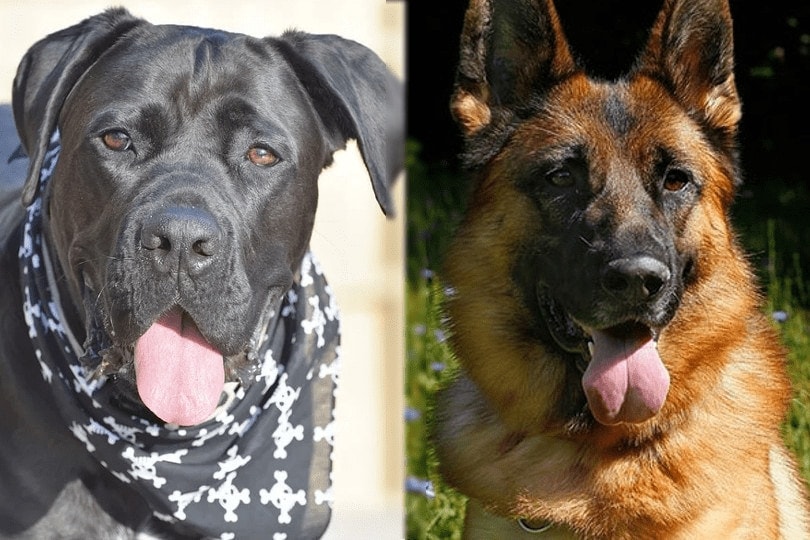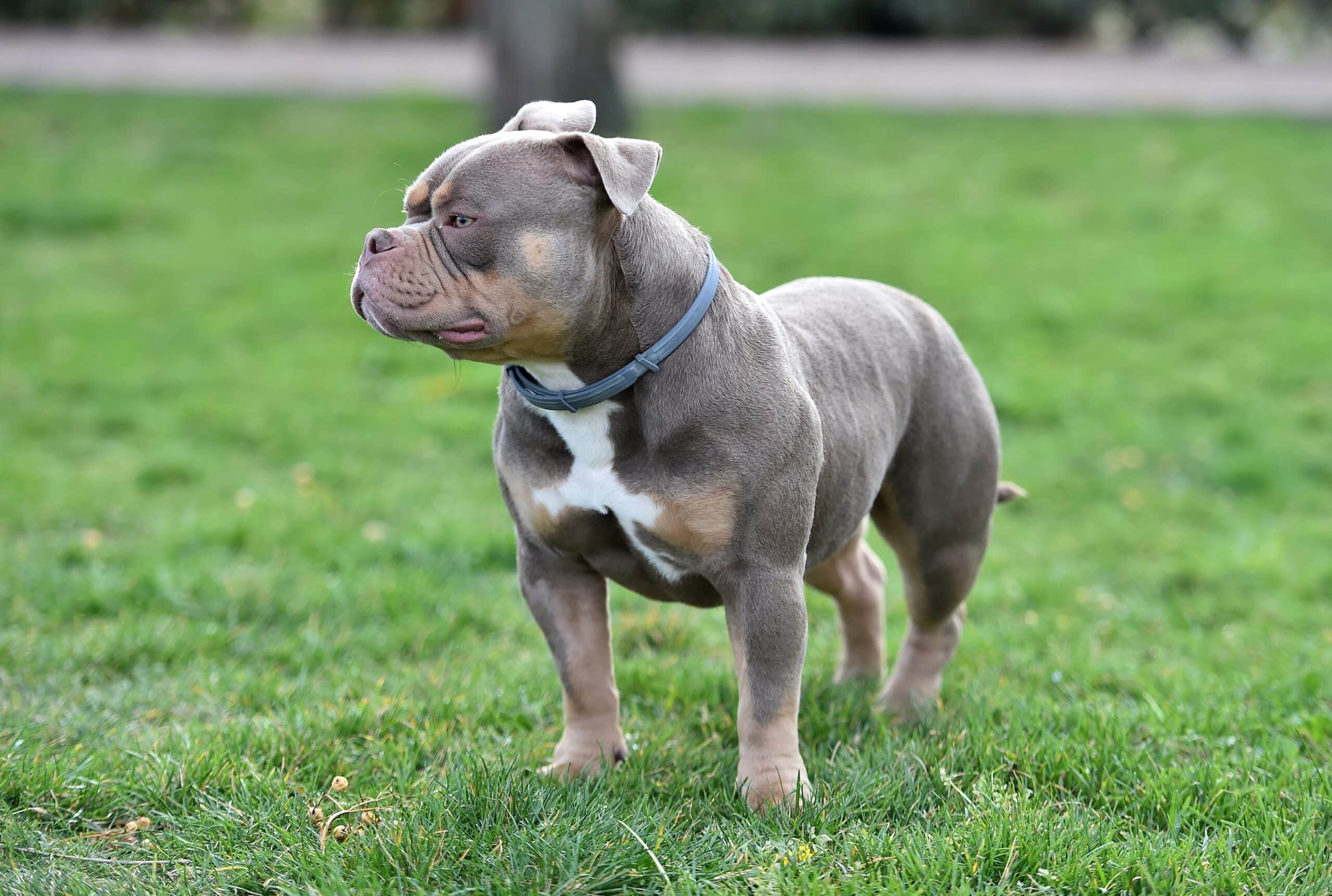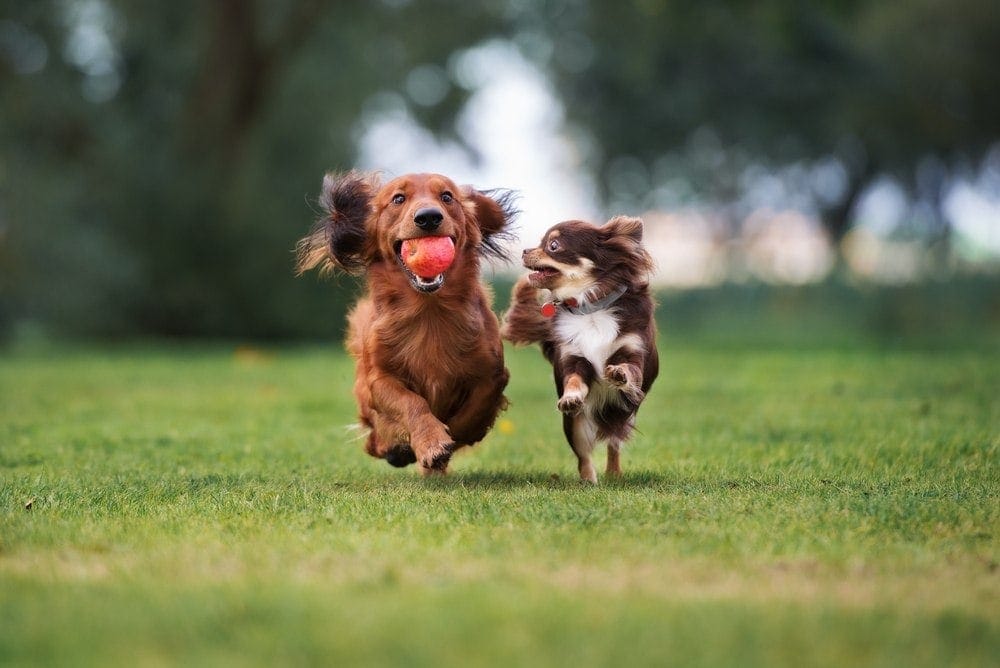How do Puppies Play? Vet-Reviewed Breed Facts & Tips

Updated on
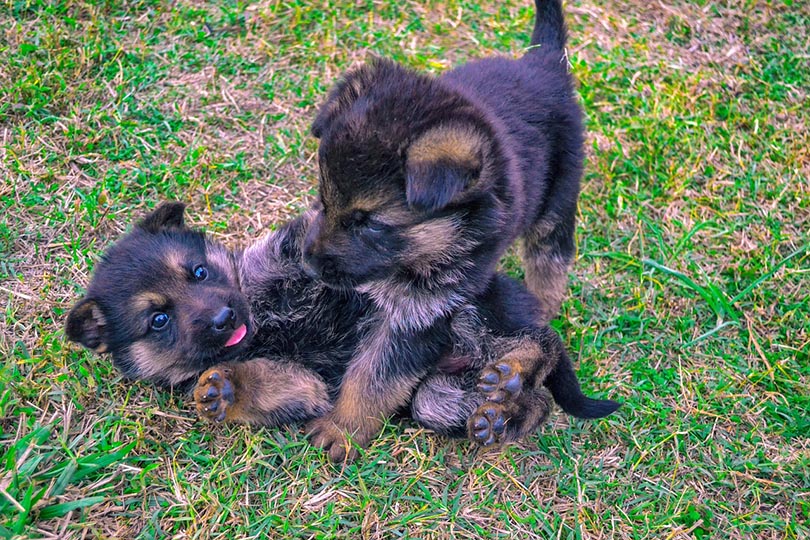
Puppies typically engage in playful activities such as chasing each other, playing “tag”, and wrestling. Some breeds of dogs are known for being more active than others, and this may affect how they play. For example, most working breeds (like Golden Retrievers) play fetch, while aggressive chewing breeds (like Pitt Bulls) tend to enjoy chewing on toys.
However, there are some general characteristics that are common to all types of puppies. For example, puppies love to explore their world and will spend hours playing until they’re tired. Other common activities include playing with their siblings, digging in the sand, and discovering their surroundings. It’s important to let your puppy play freely and find out what interests them; this will help them learn good habits and develop a healthy sense of playfulness.
Factors Affecting Puppy Play
There are many factors that determine how puppies play. Age and socialization play a significant role, but dogs also have their own preferences. Playing tug-of-war or hide-and-seek is more fun for some dogs, while other dogs enjoy seeing objects move. In doggy communication, dogs use exaggerated and highly ritualized gestures to communicate. As a result, dogs can play at fighting, for example, without misunderstandings that may lead to actual fights. Some breeds, such as the Alaskan Malamute, love to play tug-of-war, while others, like the Cavalier King Charles Spaniel, prefer to play fetch.
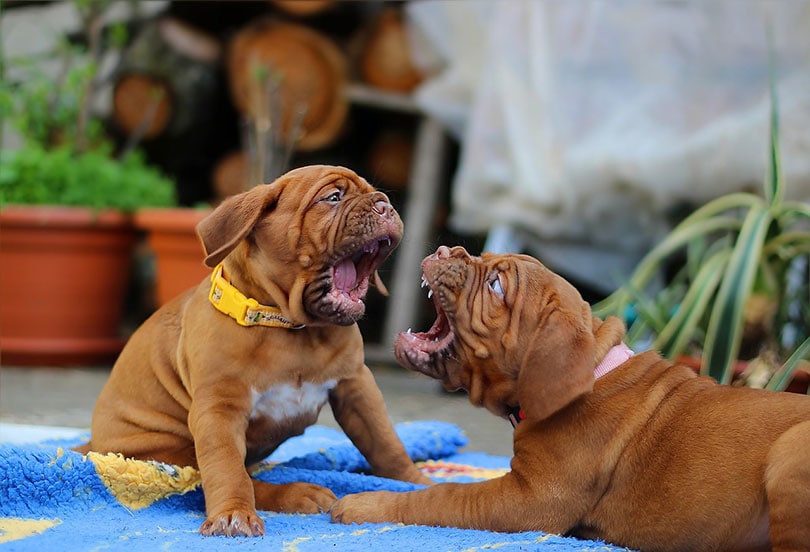
How Young Will Puppies Begin Playing?
When it comes to puppies, there is no one answer to the question of when they will begin playing. Some puppies may start playing at just a few weeks old, while others may not start until they are several months old. There are a number of factors that can influence when a puppy begins playing, including their breed, personality, and environment. Generally speaking, puppies will begin playing when they feel comfortable and safe in their surroundings and when they have developed the physical abilities necessary for play.
Why is Playing Important for Puppy Health?
There is a great deal of research that suggests that puppies who are allowed to play have better overall health and wellness than those who are not. This may be due, in part, to the fact that puppies who play learn how to interact with other dogs and people in a positive way. They also get much-needed exercise, which is important for their overall health. Additionally, play helps puppies develop their muscles, bones, and joints. Play is important for puppies because it helps them develop the skills they need to live successful lives.
Through play, puppies learn how to interact with other dogs and humans, how to explore their environment, and how to cope with new situations. Play also helps puppies learn how to control their bodies and exercise their muscles. Puppies learn essential skills through play. These skills include proper socialization, bite inhibition, and coping mechanisms. Puppies that do not have access to a lot of play time may struggle with these important life skills.
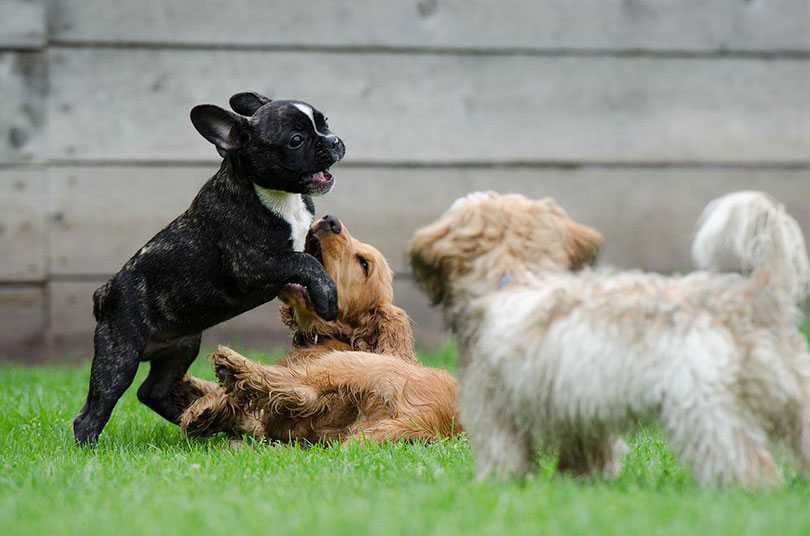
What Dogs Are Most Playful?
Various dog breeds are known to be more playful than others. For example, Vizlas are considered to be one of the most playful dog breeds. This is likely due to their high energy levels and propensity for wanting to play fetch or other games. Other breeds that are often considered to be highly playful include Jack Russell Terriers, Beagles, and Australian Cattle Dogs. In general, dogs bred for herding and sporting purposes are more playful than dogs developed for other purposes, such as nonsporting and toy dogs.
For example, Chihuahuas are not typically considered to be as playful as other breeds, such as Labs or Goldens. This is due, in part, to their small size and the fact that they often do not require a lot of exercise.
Why Are Some Dog Breeds Less Playful?
One potential explanation for this phenomenon is that some dog breeds (for example toy dogs) were bred specifically for their small size and consequently lack the physical attributes necessary for vigorous play (e.g., strong jaws, robust muscles). Since toy breeds were originally intended as fashion accessories for the aristocracy, their playfulness could be considered a liability. These little dogs existed to match their owner’s clothes and travel habits without requiring too much attention. In this dynamic, a playful dog would simply create problems for the owner.
In addition, today, many toy dog owners inadvertently reinforce a couch potato lifestyle by providing their pets with ample food and little exercise, which only exacerbates the problem.
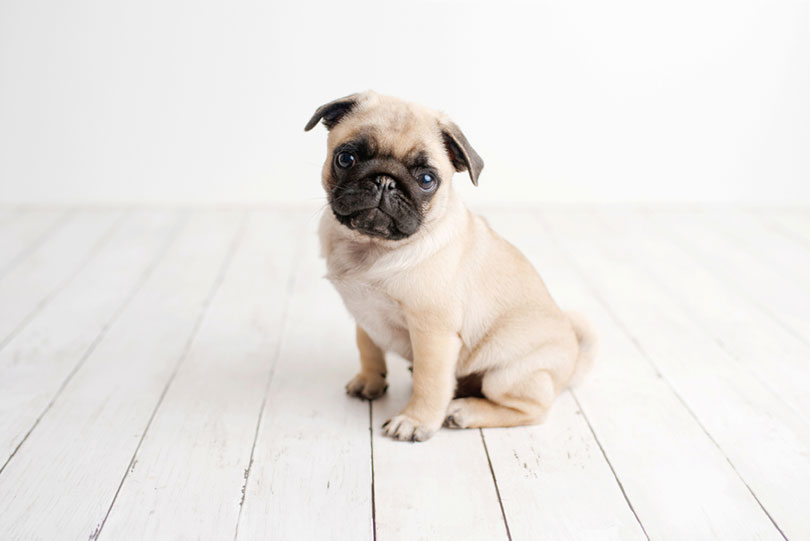
What Are Good Ways to Play With My Puppy?
There are a number of different ways to play with your puppy. One way is to toss a toy for them to catch. You can also play “fetch” by throwing the toy and then calling your pet to retrieve it. Another great way to play with your pup is to hide treats or toys around the house and have them search for them. You can also take your puppy for walks or runs to get some exercise.
It’s important to be consistent with how you play with your puppy, as they will learn best through repetition. Playing with your puppy can help strengthen the bond between you and help keep them mentally and physically stimulated.
How Much Should I Play With My Puppy?
The amount of time a pet owner spends playing with their puppy is important for the puppy’s development. Puppies that are not played with enough can become hyperactive and destructive, while puppies that are overplayed with can become shy and withdrawn. A good rule of thumb is to play with your puppy for around 10–15 minutes twice a day. There is no definitive answer to this question as it depends on a variety of factors including the age of the puppy, the breed of the puppy, and the individual personality of the puppy.
In general, however, it is recommended that puppies be played with for a minimum of 20–30 minutes per day. This playtime can include activities such as running around outside, playing fetch, or just cuddling on the couch.
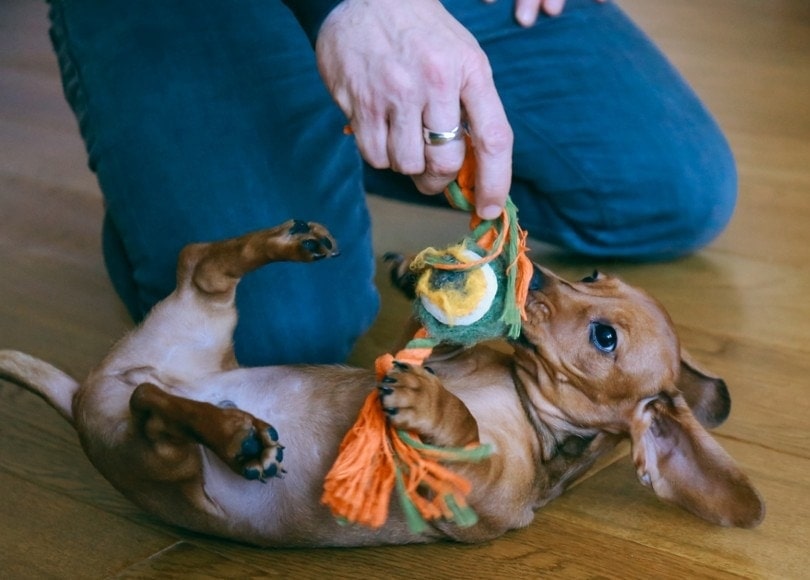
Keeping Your Puppy Occupied When You Are Away
When you have to leave your puppy home alone, it is important to keep them occupied. One way to do this is by providing them with plenty of toys and chews. Kong toys are a great option because they can be filled with treats or peanut butter, which will keep your pup entertained for a while. You can also provide them with a safe place to play, like a designated room or an outdoor area that is fenced in. Set up a playpen or crate for your puppy so he has a designated area to hang out in. Putting a blanket or some old clothes inside will give your puppy a sense of security and comfort. Leaving on the radio or television can also help to keep them calm.
Conclusion
In conclusion, puppies play in a variety of ways that are breed-dependent. Some breeds are more rambunctious than others, and some breeds prefer to play more calmly. It is important to be aware of how your puppy plays so you can provide them with the appropriate amount of exercise and stimulation, as well as so you can provide them with the appropriate toys and activities.
Featured Image Credit: DanaTentis, Pixabay



